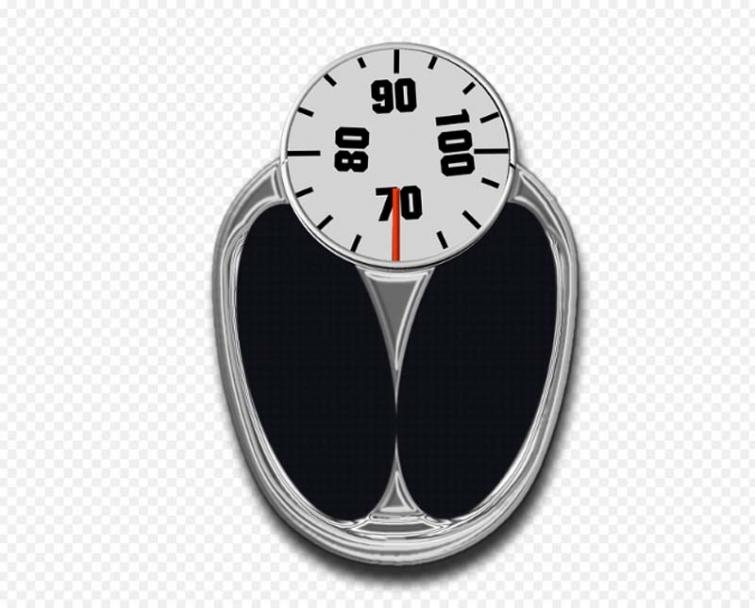
COVID-19 lockdowns worsen childhood obesity: Study
New YorkIBNS: Lockdowns implemented across the world due to the COVID-19 pandemic have negatively impacted diet, sleep and physical activity among children with obesity, according to University at Buffalo research.
The study, published in April in Obesity, examined 41 overweight children under confinement throughout March and April in Verona, Italy.
Compared to behaviors recorded a year prior, the children ate an additional meal per day; slept an extra half hour per day; added nearly five hours per day in front of phone, computer and television screens; and dramatically increased their consumption of red meat, sugary drinks and junk foods.
Physical activity, on the other hand, decreased by more than two hours per week, and the amount of vegetables consumed remained unchanged.
“The tragic COVID-19 pandemic has collateral effects extending beyond direct viral infection,” says Myles Faith, PhD, UB childhood obesity expert and co-author on the study. “Children and teens struggling with obesity are placed in an unfortunate position of isolation that appears to create an unfavorable environment for maintaining healthy lifestyle behaviors.”
“Recognizing these adverse collateral effects of the COVID-19 pandemic lockdown is critical in avoiding the depreciation of hard-fought weight control efforts among youths afflicted with excess weight,” says Faith, chair and professor of counseling, school and educational psychology in the UB Graduate School of Education.
The study was led by Steven Heymsfield, MD, professor at the Louisiana State University Pennington Biomedical Research Center; and Angelo Pietrobelli, MD, professor at the University of Verona in Italy.
Children and adolescents typically gain more weight during summer vacation than during the school year, says Faith, which led the researchers to wonder if being homebound would have a similar effect on the kids’ lifestyle behaviors.
“School environments provide structure and routine around mealtimes, physical activity and sleep – three predominant lifestyle factors implicated in obesity risk,” says Faith.
The researchers surveyed 41 children and teens with obesity in Verona, Italy, who were involved in an ongoing long-term study. Lifestyle information regarding diet, activity and sleep was collected three weeks into Italy’s mandatory national lockdown and compared to data on the children gathered in 2019. Questions focused on physical activity, screen time, sleep, eating habits, and the consumption of red meat, pasta, snacks, fruits and vegetables.
The results confirmed the negative change in behavior, indicating that children with obesity fare worse on weight control lifestyle programs while at home compared to when they are engaged in their school curriculum.
“Depending on the duration of the lockdown, the excess weight gained may not be easily reversible and might contribute to obesity during adulthood if healthier behaviors are not re-established,” says Faith. “This is because childhood and adolescent obesity tend to track over time and predict weight status as adults.”
Government officials and policymakers should consider the potential harmful effects of lockdowns on youths with obesity when making decisions regarding when and how to loosen restrictions, says Faith.
There is also a need to establish and evaluate telemedicine programs that encourage families to maintain healthy lifestyle choices during periods of lockdown, he adds.
Faith and colleagues are conducting an ongoing National Institutes of Health-funded study that is testing a family-based treatment for childhood obesity using telemedicine technology that allows participants to be treated in their homes.
Image: Pixabay
Support Our Journalism
We cannot do without you.. your contribution supports unbiased journalism
IBNS is not driven by any ism- not wokeism, not racism, not skewed secularism, not hyper right-wing or left liberal ideals, nor by any hardline religious beliefs or hyper nationalism. We want to serve you good old objective news, as they are. We do not judge or preach. We let people decide for themselves. We only try to present factual and well-sourced news.







